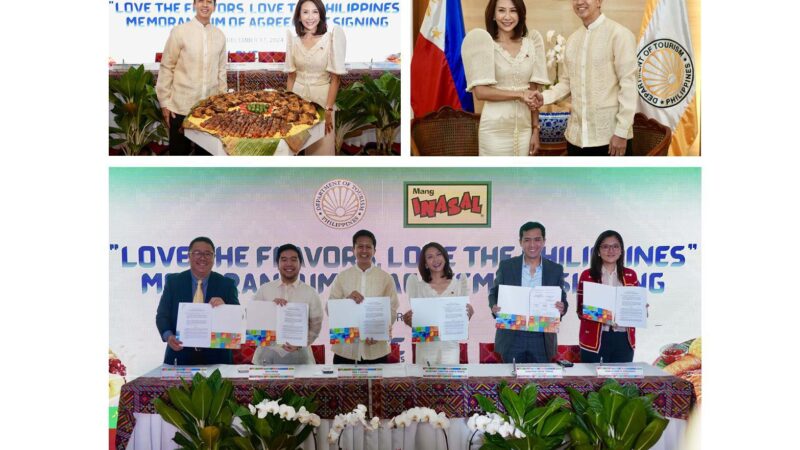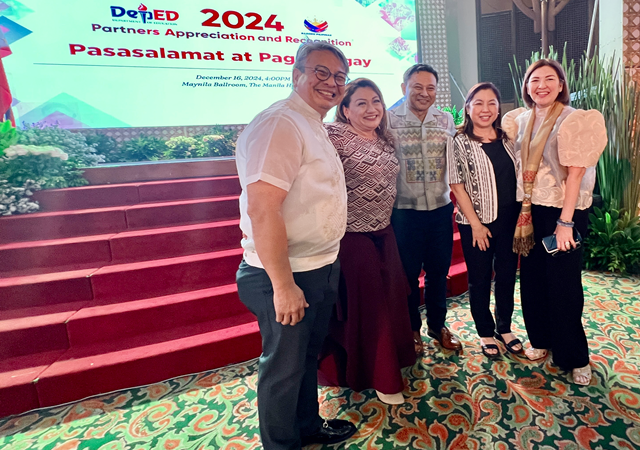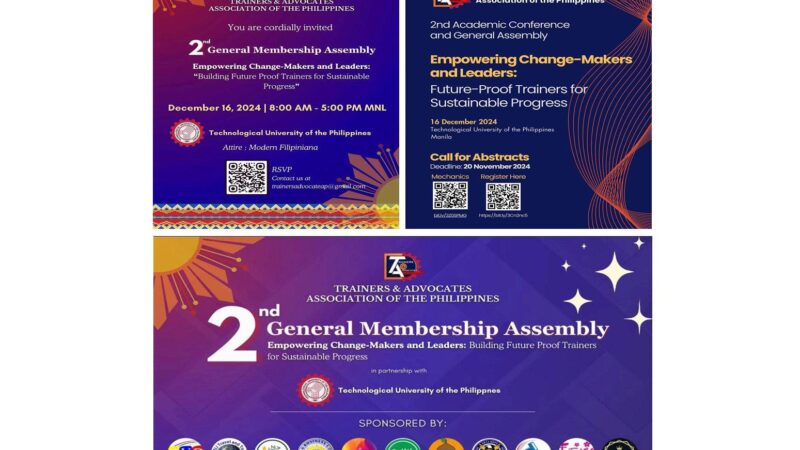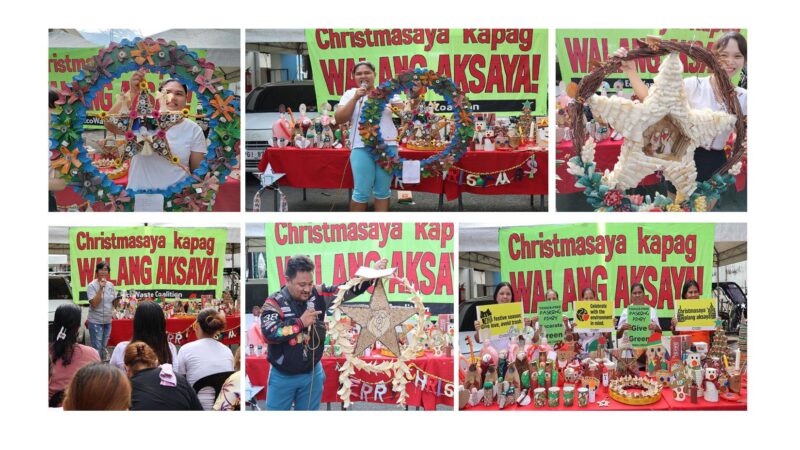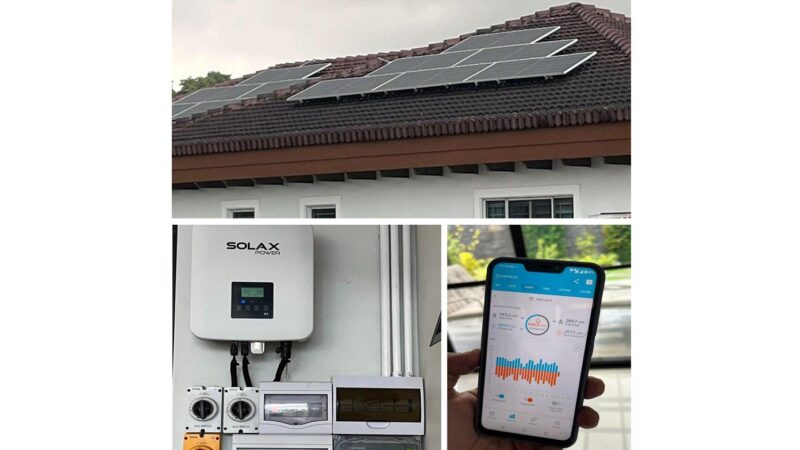DA to investigate allegations of corruption in pork import allocation
By DA
QUEZON CITY, March 17 — The Department of Agriculture (DA) has created a special committee to look into allegations of corruption in the allocation of meat import certificates under the in-quota Minimum Access Volume (MAV) scheme.
“While we stand firm that the issuance of MAV in-quota allocation is above-board and non-discretionary, we have created a special committee to look into allegations made by a lawmaker that there is a syndicate in the DA engaged in a payoff scheme,” said Agriculture Secretary William Dar.
The committee is headed by the Department’s legal service chief, and will base its inquiry on the initial findings of the DA-MAV Secretariat.
The allegation of corruption to get a MAV import certificate is remote, the DA-MAV Secretariat said, as the existing licensees are the same ones every year, and who were previously accredited by the past DA administrations.
Further, there are no disparities between the allocations of the current MAV licensees and those given prior to the current DA administration, the MAV Secretariat said in its report to Secretary Dar.
“We would like to emphasize that our objective in increasing the MAV and reducing tariff is to stabilize supply and price of pork,” the DA chief said.
Under the MAV scheme, the DA issues MAV Import Certificate to MAV licensees that may avail part of the annual in-quota allocation of 54,000 metric tons (MT) and pay a tariff of 30 percent. Firms wanting to import beyond the MAV volume, called as out-quota, will have to pay a higher tariff of 40 percent.
The DA-MAV Secretariat imposes penalties on licensees that were not able to utilize 70 percent of their allocation for the year. The unused volume is recalled and deducted from the licensee and will be raffled off to qualified applicants.
In addition to securing a MAV import certificate, licensees need to seek Sanitary and Phytosanitary Import Clearance (SPSIC) from the DA’s Bureau of Animal Industry (BAI) to ensure that pork or other meat products are safe, hygienic, and disease-free — and do not compromise public health and safety.
The DA does not allow imports of meat and processed meat products from countries where there are existing major animal diseases. (DA StratComms)


